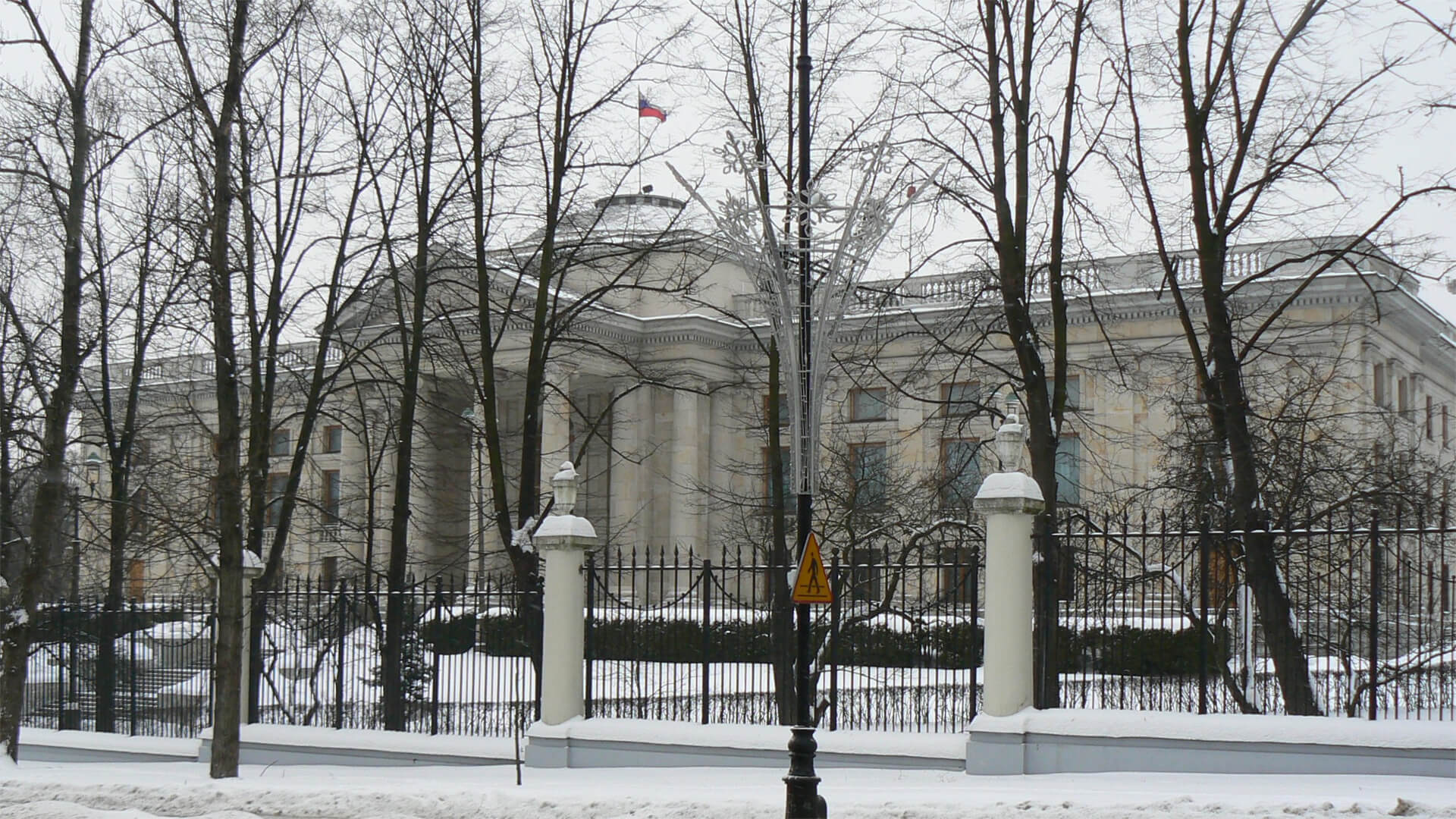Russian “diplomats” are being expelled from Poland due to sabotage attempts. Sabotage has long been a trick up the Russians’ sleeve, as we’ve seen in similar incidents across Europe targeting infrastructure and humanitarian shipments related to Ukraine.
The Five Eyes got rid of their Russian “diplomats” when the Ukraine war started, and that list of intelligence agents was shared with lots of other countries. Sooo, there’s been some widespread diplomatic purges of these Russians.
The Russians have been redeploying these agents worldwide, but predominantly focusing on Africa and Mexico; that’s where they see their sabotage and espionage efforts working the best.
Here at Zeihan on Geopolitics, our chosen charity partner is MedShare. They provide emergency medical services to communities in need, with a very heavy emphasis on locations facing acute crises. Medshare operates right in the thick of it, so we can be sure that every cent of our donation is not simply going directly to where help is needed most, but our donations serve as a force multiplier for a system already in existence.
If you sign up for our Patreon page in the month of October, the proceeds from your subscription for the remainder of 2024 will be donated directly to MedShare. So, you can get our all of the perks of joining the Patreon AND support a good cause while you’re doing it.
We encourage you to sign up for the Patreon page at the link below.
Transcript
Hey, everybody. Peter Zeihan here, coming to you from a chilly Colorado morning. Today we’re going to talk about something that’s just happened. It’s October 23rd, and the Polish government has basically kicked everybody out of the Russian consulate in Poznan, declaring them all persona non grata due to attempted sabotage throughout the country, most notably in Lwow, I believe.
This is not new. We’ve seen dozens of sabotage efforts across Europe, angering a lot of people. They’ve targeted rail systems in Sweden and the Czech Republic, been accused of arson in the United Kingdom and Germany, and have interfered with humanitarian and military shipments to Ukraine, particularly going after food and medical supplies. It’s a frustrating situation but not entirely unexpected.
When the Ukraine war started, there was a wave of diplomatic expulsions. The “Five Eyes” — the American-led intelligence network that includes Canada, Australia, New Zealand, and the United Kingdom — and countries with robust intelligence systems, like France, Sweden, and the Dutch, began tracking Russian intelligence assets. With the onset of open conflict, countries with decent intel systems purged all KGB and GRU officers from embassies and shared lists of known agents with other nations.
At the time, about one-third of diplomats in Germany were reportedly KGB officers. Germany, however, was not very adept at intelligence, and given the political climate, many Germans believed the Russians were not a problem until the Ukraine war began. So, these Russian agents were expelled not only from NATO countries but also from Japan, South Korea, and Taiwan. Consequently, Russia redeployed these agents elsewhere, and countries that received the lists were now aware of their status as intelligence assets.
Russia then shifted its sabotage activities globally, focusing heavily on Africa. This wave of Russian activity is partially why we’ve seen so many coups in Africa recently. There are three benefits Russia gains from these operations: changing the country’s strategic alignment and expelling Western assistance, destabilizing countries to create refugee flows that put pressure on Europe, and, crucially, seizing control of valuable assets like gold, given that Russia has been excluded from most global financial institutions. Russian groups like Wagner now operate gold mines across the Sahel, bringing gold back to Russia, refining it, and transporting it to pay for imports, often to countries like China.
Another specific hotspot is Mexico. The Mexican government sometimes resists U.S. security recommendations, making Mexico City one of the few embassies with a significant number of Russian agents. For those familiar with Cold War spycraft, this isn’t surprising; Mexico City was one of the top KGB outposts during the Cold War. The logic was that causing instability there could indirectly affect the United States. Although we haven’t seen overt sabotage in Mexico like in other regions, Russia is continuing its espionage activities.



